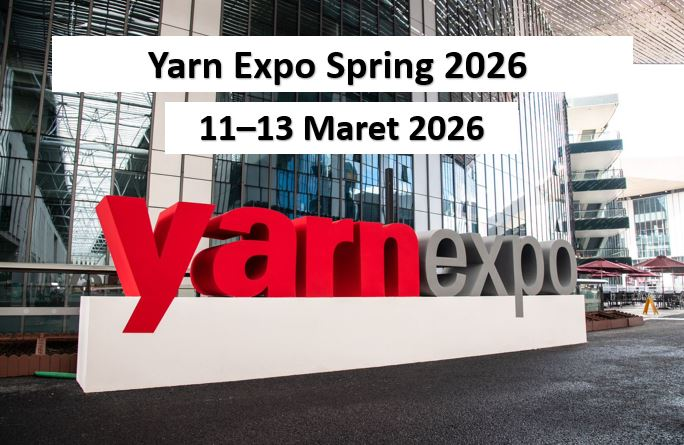The fashion industry, long hailed as a cornerstone of the global economy, now faces a critical question: Can fashion brands continue to thrive without incessantly churning out new garments? The latest initiative from the Ellen MacArthur Foundation, Fashion ReModel, aims to tackle this question head-on by bringing together major players in the industry, including Arc’teryx, Primark, Reformation, Zalando, and various brands under the H&M Group umbrella. The goal of this initiative is to explore opportunities to decouple revenue from the production of new garments.
Circular business models, such as rental, repair, resale, and remaking, are seen as potential solutions to this challenge. The Ellen MacArthur Foundation estimates that these models could grow from 3.5 percent to 23 percent of the global fashion market by 2030, presenting a $700 billion opportunity and potentially reducing one-third of the climate emissions necessary to align the industry with the 1.5-degree Celsius pathway. However, transitioning away from the traditional model of constant newness poses significant challenges, particularly in an industry built on rapid turnover and consumption.
The participation of major brands like H&M and Primark in Fashion ReModel is a significant step forward. These brands, although dominant players in the fashion industry with their affordable pricing, have been criticized for promoting overproduction. Nevertheless, the fashion industry has a history of reinvention and the potential to shape cultural trends. The aim of this initiative is to harness this creative power to make circular business models the norm.
The initiative draws inspiration from the success of the Jeans Redesign project, which aimed to make denim production more sustainable through design and production innovations. This multi-stakeholder effort has influenced government policies, such as regulations on eco-design for sustainable products in the EU.
Fashion ReModel acknowledges that it doesn't have all the answers. Instead, its goal is to provide a starting point for experimentation and learning. Priority topics include financial metrics and evidence of impact, with built-in mechanisms for internal accountability. Brands like H&M Group express optimism about the potential of decoupling growth from resource use and are eager to further explore circular business models.
However, challenges remain. Liz Ricketts, co-founder of The Or Foundation, emphasizes the need for real transparency from brands, particularly regarding production volumes. Without this information, initiatives risk being dismissed as greenwashing. Ricketts invites brands to join The Or Foundation's Speak Volumes campaign, advocating for the publication of production volumes as a standard practice across the industry.
By taking these steps, the fashion industry can achieve greater sustainability and drive positive change in both economic and environmental terms.





